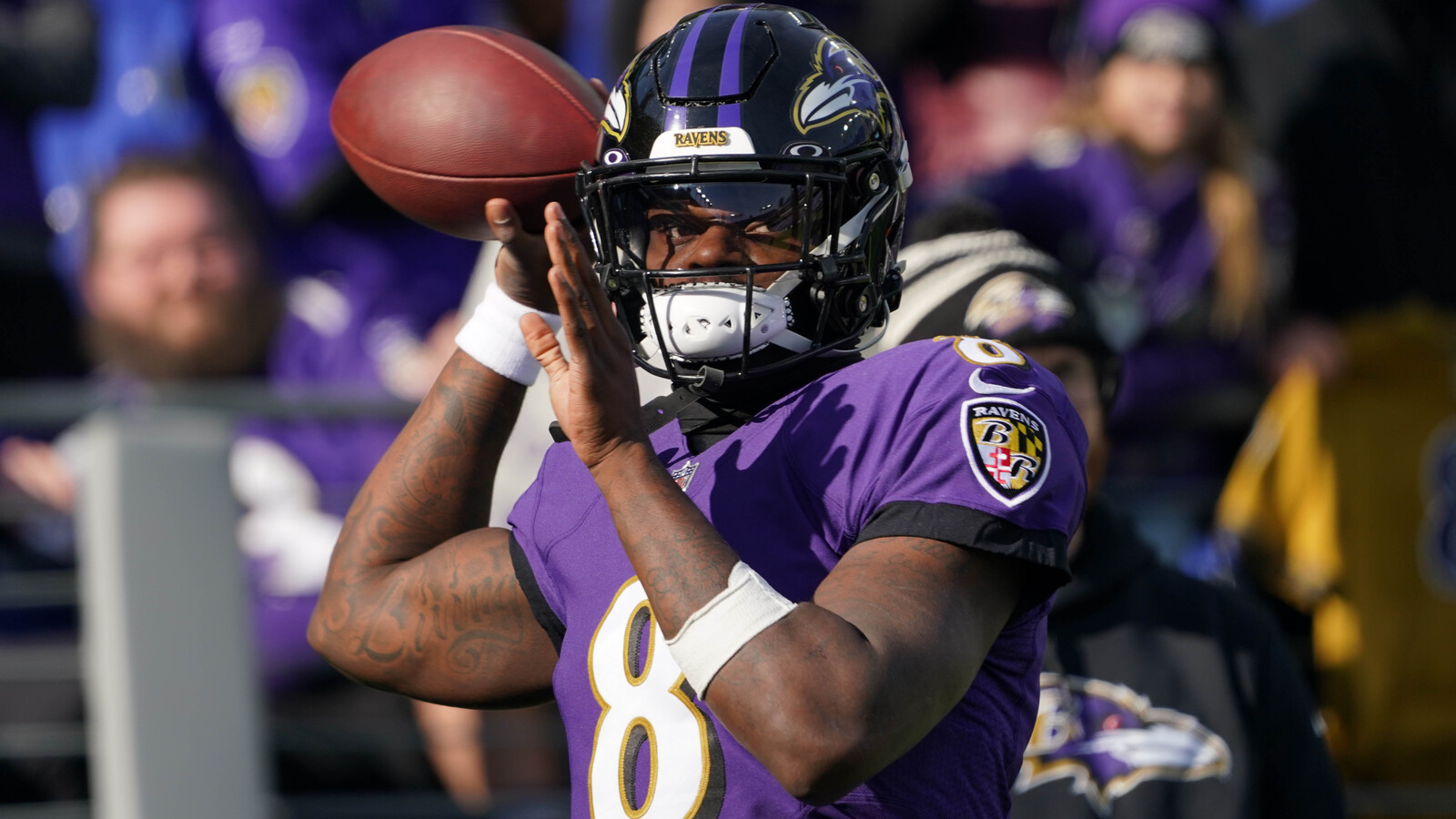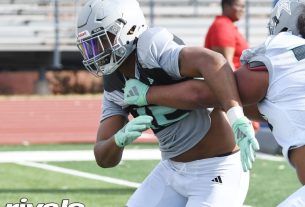The benefits of the non-exclusive tag are obvious. There is, of course, the considerable difference in price between the non-exclusive tag ($32.4M) and exclusive tag ($45M). Plus, player and team have been negotiating for a long time, and it is unclear whether any real progress has been made.
By utilizing the non-exclusive tag, the Ravens would effectively be allowing other teams to do their negotiating for them, and they may feel confident that no other club is willing to give Jackson the fully-guaranteed contract he has been seeking. If they are correct in that regard, then they would be able to simply match an offer sheet and keep the 2019 MVP in the fold.
By the same token, allowing Jackson to speak with other clubs allows Baltimore to maintain neutrality should the two sides part ways, as Fowler posits.
And, in the event that the Ravens choose not to match an offer sheet, they would obtain two first-round picks and would clear up a great deal of salary cap space to use on a different passer.
On the other hand, Baltimore may be able to fetch more than two first-round picks if it were to seek a Jackson trade, and using the lower tag may create additional tension at a time when the relationship between the parties may already be strained.
One way or another, GM Eric DeCosta has a career-defining decision to make, and he must make it no later than March 7, the deadline to utilize a tag.
It seems unlikely that a long-term extension will be reached by that deadline, though the Ravens are still trying. On Saturday, we learned that the club remains optimistic about the chances of such a deal coming to fruition, with one rumor indicating that Baltimore is willing to pay Jackson up to $50M per year while guaranteeing 80% of the contract.
Jackson’s teammate, veteran defensive lineman Calais Campbell, also indicated that Jackson wants to remain in Baltimore.



